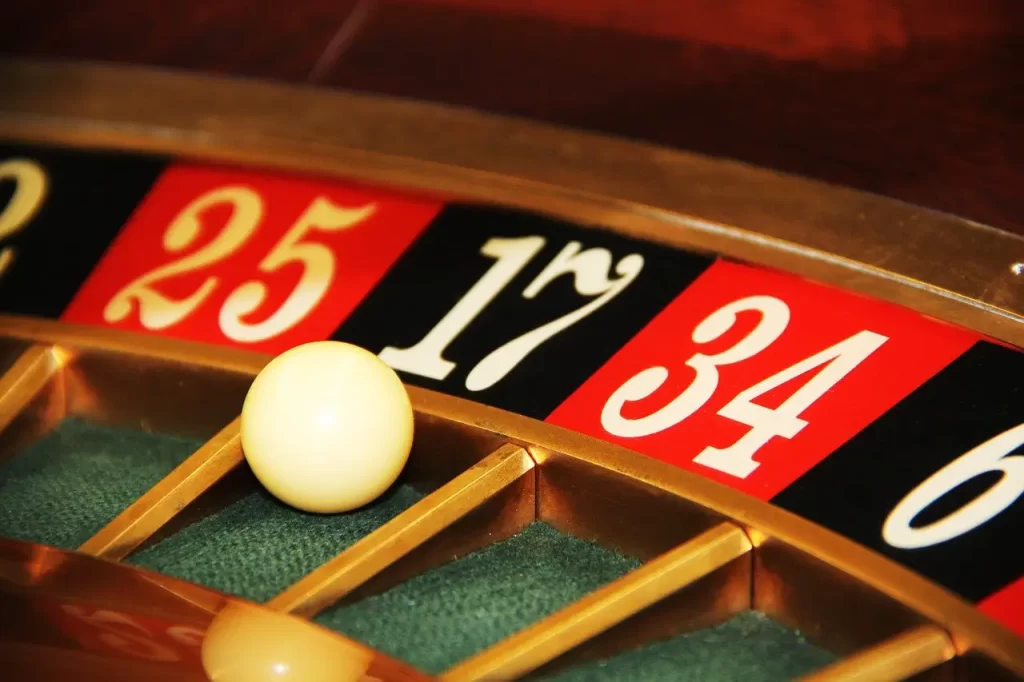
Probability theory provides the cornerstone model of chance. Its main unit is events, of which gambling events represent only a subset.
Typically, in fair games, the probability of a favorable outcome equals its total number of possibilities; this does not always hold true when dealing with unjust competitions.
Probability theory
Probability theory is an area of mathematics which studies the chances of events happening, making it crucial for gamblers to grasp this theory in order to make smart bets at casinos. By understanding odds effectively and effectively calculating them, players may increase their odds of success in casino gaming.
Probability experiments typically begin with a sample space, the sum total of possible outcomes of an event. This set may not be explicitly described. A classic example would be coin toss, wherein 50% chance of heads can occur over time; but the actual number may change over time.
Probability is an abstract mathematical concept with many applications across both mathematical and non-mathematical realms. One interpretation would be its definition as the relative frequency of events over a finite time span.
Expected value
The expected value is an estimate of how much an experienced gambler can expect to win from multiple trials over time. It’s a mathematical concept which can be calculated by dividing total variance by standard deviation; this calculation can then be used to establish a gambling game’s house edge or return-to-player rate; expected value can also be calculated using weighted average.
Some of the first work on probability theory was performed by gambling enthusiasts and mathematicians working together to solve problems related to gambling. Girolamo Cardano was one such mathematician; his manual, Liber de Ludo Aleae, provided inspiration for developing probability theory which gamblers use today to make informed decisions that increase their odds of success.
Odds of winning
Odds of winning are an integral component of casino gameplay and should be understood by casino players as one of their primary concepts. Odds can be expressed as the ratio between unfavourable probabilities and favorable ones – such as getting heads in a coin toss is 1/6 on average; on average the game should yield one unit per round in profits on average. There are three types of odds: fractional, decimal and American and all can be converted between each type and expressed as implied probability percentages.
No matter if it be roulette, blackjack, or poker – odds of success can only be measured by counting all possible events that can transpire. Unfortunately this task requires patience, concentration and the ability to decipher bodily cues.
Card counters
Probability theory refers to the ability to calculate odds for specific outcomes. Understanding probabilities helps players make informed betting decisions and avoid placing irrational bets, both qualities which have proven invaluable in problem gambling programs that use mathematical knowledge as a mechanism for explaining distortions in casino gambling.
Probability is an abstract mathematical concept, yet its interpretation is highly subjective. Gamblers have different perceptions of this idea which leads to cognitive distortions that compromise their chances of winning. One such distortion is the fallacy that independent events will balance themselves out over time – this mistake is frequently made by gamblers and encouraged by casinos alike. Another mistake made by gamblers involves placing varied bets that draw the attention of pit bosses and security personnel.
House edge
The house edge in casino gaming refers to the mathematical advantage that casino games hold over players. It is calculated by examining the probability of certain events happening according to its odds, and can be used as a measure to predict how much a player stands to lose over time. This advantage has existed ever since casinos first emerged and plays an essential role in making money for themselves.
The house edge is a percentage that represents how much profit a casino can expect to make from any particular gambling game, varying depending on its rules and the particular game involved. Unfortunately, however, it doesn’t account for player mistakes that might lead to greater losses than expected; thus it is important to understand how best to calculate it and learn its calculation techniques.







